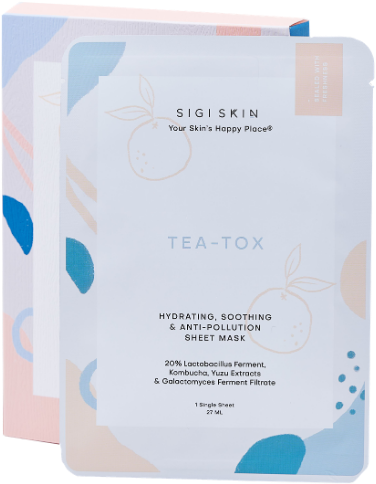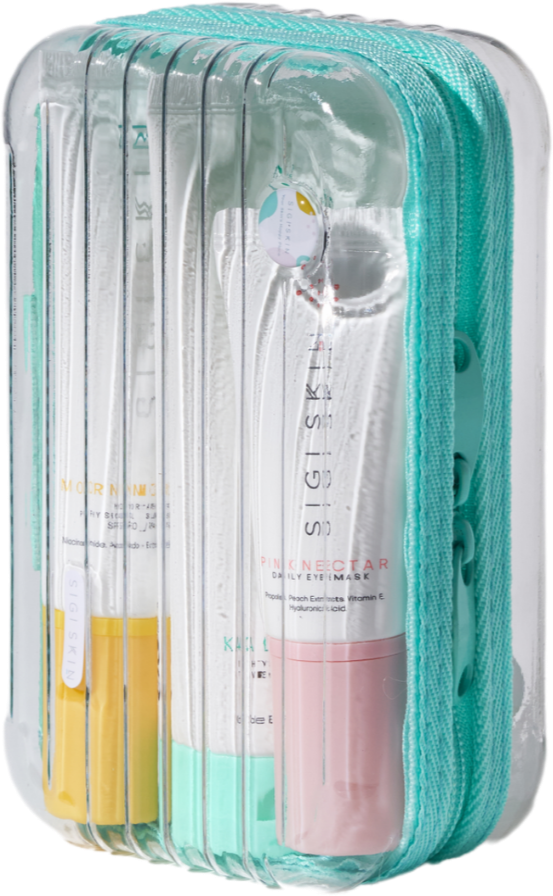The role of ceramides in the moisture barrier

What are ceramides?
Ceramides are a class of fatty acids called lipids and are naturally found in skin cells, making up about 50% of our skin’s outer layer. They hold our skin cells together and link with other important molecules to promote cellular function.
What ceramides do for your skin
Ceramides help create a barrier to prevent permeability. This locks moisture into your skin, preventing dryness and irritation. It will also help to protect your epidermis from environmental damage. Using ceramides in skincare is beneficial because although the human skin is naturally made up of ceramides, these fatty acids are lost over time. This will result in dull, dry skin - minimising these effects can be achieved by supplementing your skin with extra ceramides.
One of the best ways to understand how ceramides function is to imagine your skin barrier to be made up of bricks and mortar. The skin cells are essentially the brick, and the lipids (ceramides) the mortar. Similar to how a stack of bricks is not effective at protecting without the mortar sealing everything in place, neither are your skin cells without ceramides. It's important for your skin barrier to remain intact because it serves as a barrier to protect the rest of your skin and keeps all that hydration in.








Leave a comment